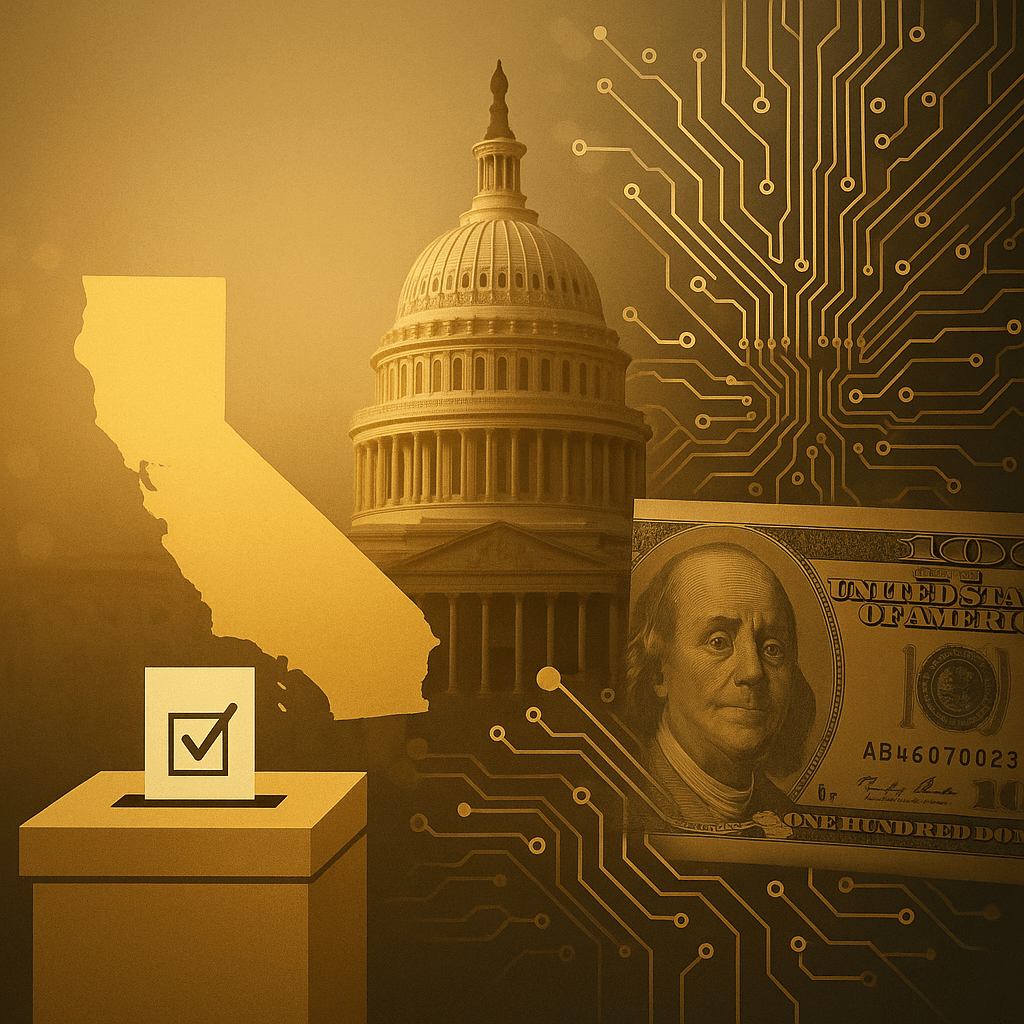Nvidia just delivered another blockbuster quarter that confirms the AI gold rush shows no signs of slowing. The chip giant reported $46.7 billion in Q2 revenue, a staggering 56% jump year-over-year, while net income soared 59% to $26.4 billion. The numbers cement Nvidia's position as the undisputed winner of the artificial intelligence boom, with data center sales alone hitting $41.1 billion.
Nvidia just proved that being the arms dealer in the AI war pays handsomely. The world's most valuable company delivered another quarter of jaw-dropping growth Wednesday, with $46.7 billion in revenue representing a 56% surge compared to Q2 2024. More striking still, net income exploded 59% to $26.4 billion, demonstrating the company's pricing power in a market desperate for its cutting-edge chips.
The numbers reflect an AI industry that's still in hypergrowth mode, with Nvidia's data center business capturing $41.1 billion of that total revenue. That figure alone dwarfs most tech companies' entire annual sales, underscoring how central GPU infrastructure has become to the modern economy. The company's newest Blackwell architecture commanded $27 billion of those data center sales, with CEO Jensen Huang declaring in the earnings statement that "Blackwell is the AI platform the world has been waiting for."
"The AI race is on, and Blackwell is the platform at its center," Huang added, highlighting how Nvidia has positioned itself as the essential infrastructure provider for companies racing to build AI capabilities. The company specifically touted its role in powering OpenAI's recent open-source model launch, processing "1.5 million tokens per second on a single NVIDIA Blackwell GB200 NVL72 rack-scale system."
But the earnings also exposed the ongoing geopolitical complexity surrounding Nvidia's business in China. The company reported zero sales of its China-focused H20 chip to Chinese customers during the quarter, though it did manage to sell $650 million worth of H20 chips to customers outside China. This stark divide reflects the continuing impact of U.S. export restrictions, even as the political landscape has shifted under President Trump's administration.
The current arrangement allows Nvidia to sell chips to China while paying a 15% export tax to the U.S. Treasury—what legal scholars have criticized as an "unconstitutional abuse of power" according to sources cited in the original reporting. However, the Chinese government has domestic businesses from using Nvidia chips, creating a complex dynamic that has reportedly led the company to earlier this month.












